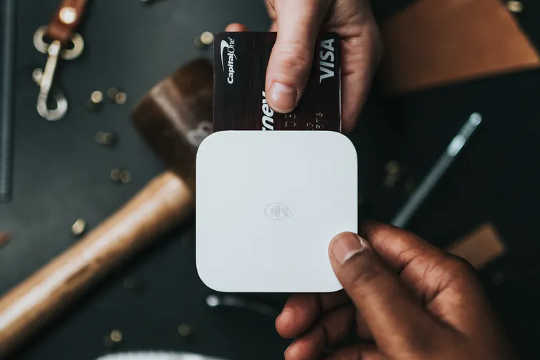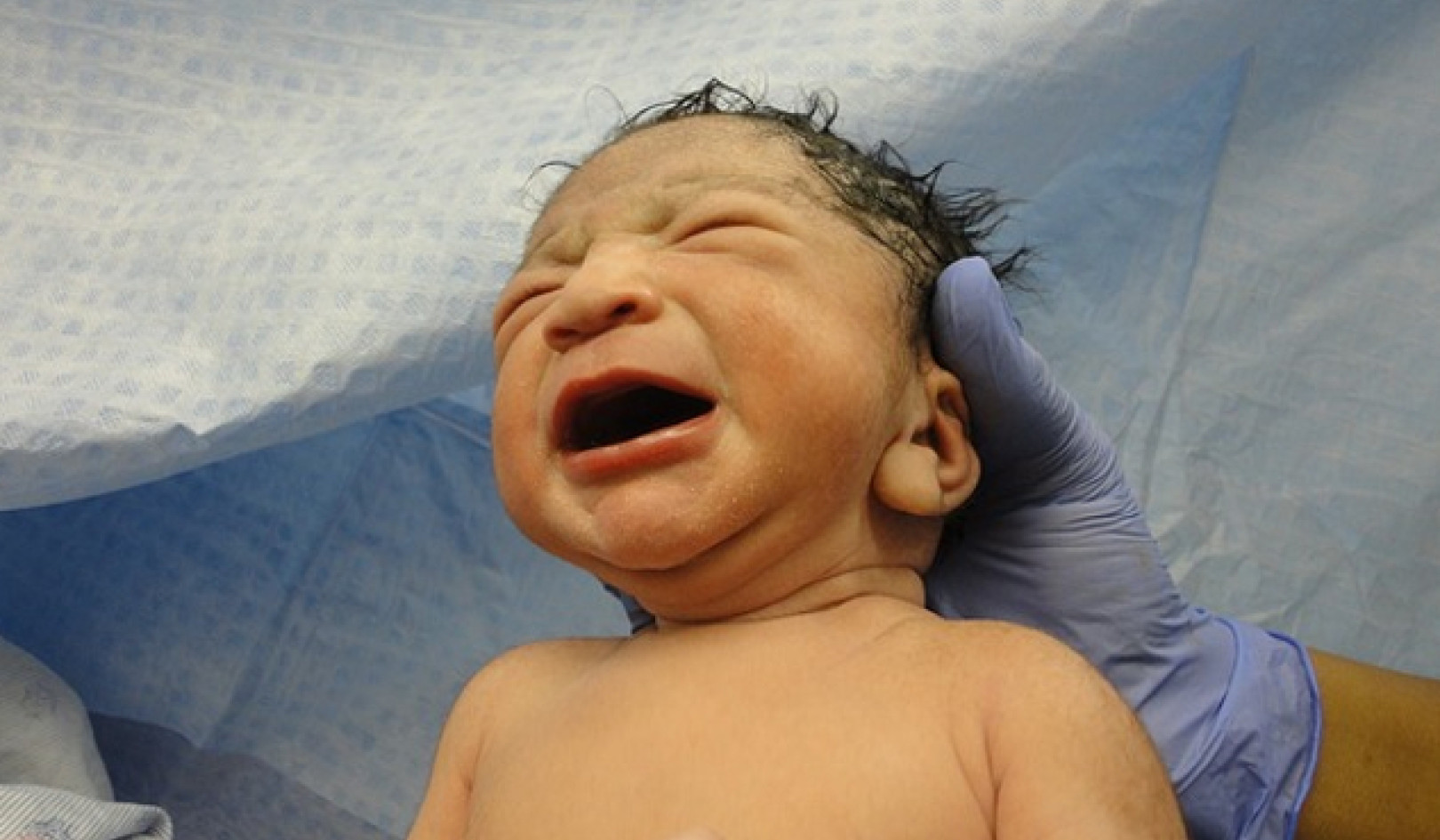
Spending money can seem a bit easier when you’re in physical pain. Nathan Dumlao/Unsplash, CC BY-SA
Suffering from pain causes consumers to spend more money than they otherwise would – perhaps 20% more – according to new research I conducted. This is based on the idea of what marketing scholars call the “pain of paying.” It “hurts” when we give our hard-earned money to the cashier, even if doing so means receiving a product or service in kind. It’s a pain that’s both emotional and detectable in neurological scans, but physical pain can mute it.
In a series of studies, I found that being in physical anguish reduces the pain of paying, and so people end up spending more money. In one study, participants were asked to place their hands in cold water, a common technique to induce pain, and view a computer mouse for sale on a screen. I found that people experiencing mild discomfort were 67% more likely to be interested in buying the mouse than those whose hands remained dry and pain-free. In another study conducted in Melbourne, Australia, people going in and out of a dentist’s office were offered a coffee mug and asked how much they’d be willing to pay for it, from nothing to AU$12. People coming out of the office, who were more likely to be in pain because of their procedures, offered to pay an average of AU$4.42 for the mug, while those entering offered to pay AU$3.67.
Because the same area of the human brain processes all sorts of pain, being in physical pain takes up more of the brain’s resources, making it harder to process – and feel – other types of discomfort, such as emotional pain one might feel from being socially rejected by others, and the pain of paying for things.
 The feeling of discomfort when handing over our hard-earned cash is called the ‘pain of paying. Tbel Abuseridze/Unsplash, CC BY-SA
The feeling of discomfort when handing over our hard-earned cash is called the ‘pain of paying. Tbel Abuseridze/Unsplash, CC BY-SA
Why it matters
Nearly 1 in 5 Americans – about 65 million – experiences chronic pain, with similar shares in Europe, Australia and China.
Past research has studied how pain lowers life satisfaction and psychological well-being. But I couldn’t find any studies that looked at how pain affects consumer behavior, which is important because, after all, people in pain still need to make decisions about what to buy every day.
I believe that my findings are important for another reason. The pain of paying helps us avoid overspending. “Retail therapy” can be common during tough times like the pandemic, and the plethora of discounts and instant gratification when shopping online can be tempting. My findings suggest that people in physical pain may be more susceptible to surge pricing and other marketing tricks that get people to spend more money. Americans are already holding a lot of credit card debt as it is.
What’s next
My colleagues and I have also started looking at how physical pain influences what people choose to eat. We’re in the initial stages of the research, but we have early evidence that being in physical pain increases people’s willingness to eat more fast food. The reason seems to be the same: We experience guilt when we eat too much junk food, and experiencing physical pain seems to decrease this emotion.![]()
About the Author
Eugene Y. Chan, Associate Professor, Purdue University
This article is republished from The Conversation under a Creative Commons license. Read the original article.

Related Books:
Atomic Habits: An Easy & Proven Way to Build Good Habits & Break Bad Ones
by James Clear
Atomic Habits provides practical advice for developing good habits and breaking bad ones, based on scientific research on behavior change.
Click for more info or to order
The Four Tendencies: The Indispensable Personality Profiles That Reveal How to Make Your Life Better (and Other People's Lives Better, Too)
by Gretchen Rubin
The Four Tendencies identifies four personality types and explains how understanding your own tendencies can help you improve your relationships, work habits, and overall happiness.
Click for more info or to order
Think Again: The Power of Knowing What You Don't Know
by Adam Grant
Think Again explores how people can change their minds and attitudes, and offers strategies for improving critical thinking and decision making.
Click for more info or to order
The Body Keeps the Score: Brain, Mind, and Body in the Healing of Trauma
by Bessel van der Kolk
The Body Keeps the Score discusses the connection between trauma and physical health, and offers insights into how trauma can be treated and healed.
Click for more info or to order
The Psychology of Money: Timeless lessons on wealth, greed, and happiness
by Morgan Housel
The Psychology of Money examines the ways in which our attitudes and behaviors around money can shape our financial success and overall well-being.

























